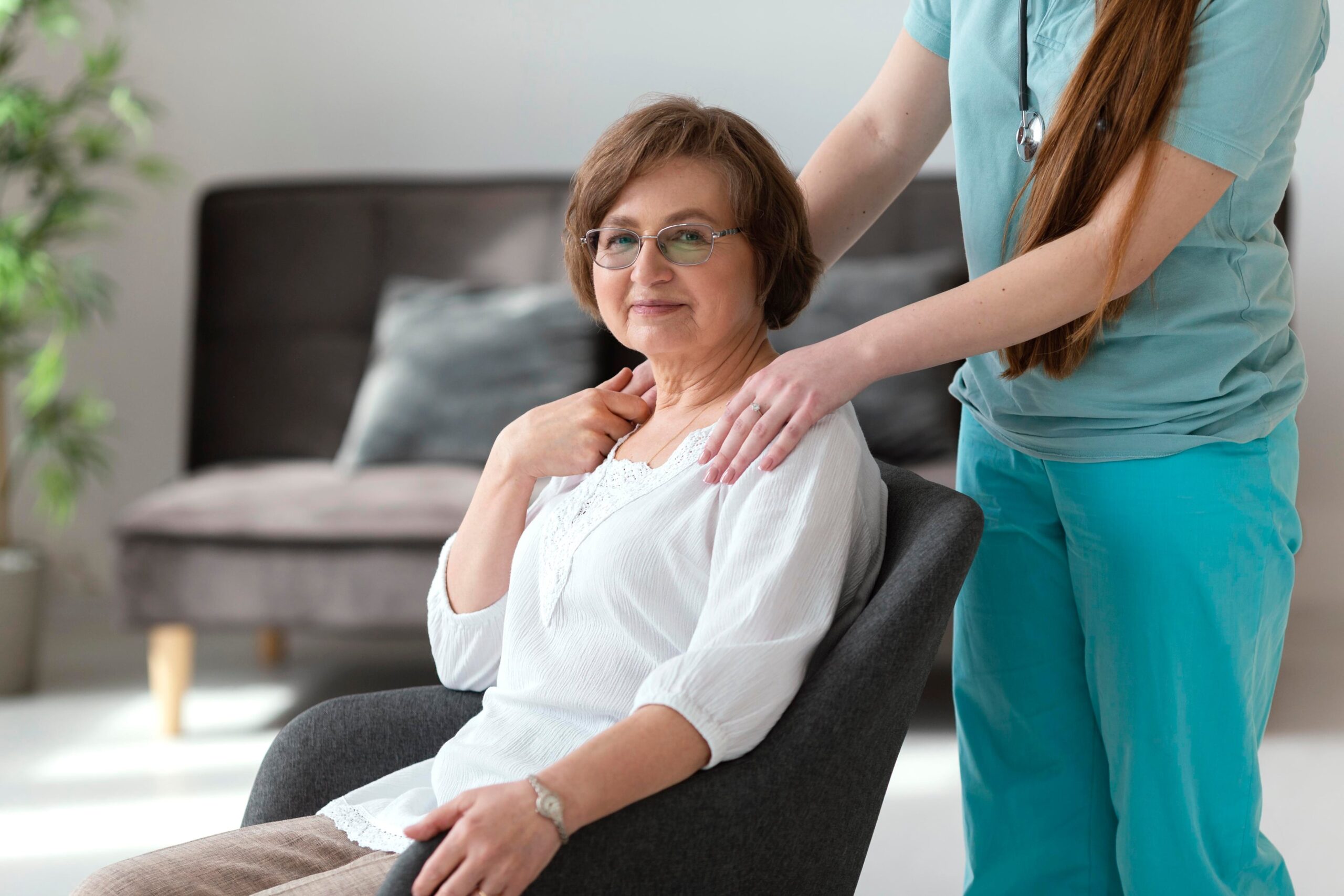As we enter 2021, the global Covid-19 pandemic shows no signs of slowing. Cases continue to surge in countless countries across the world, the US being one of the worst affected, with hundreds of thousands of daily cases.
Sadly, each day brings thousands deaths, highlighting how we are still amid an on-going health crisis with seemingly no end in sight. Home health care employees know this all too well, being at the front-lines of some of the worst affected areas, feeling the massive strain of trying to balance their healthcare duties while trying to minimize the risk of transmission to some of the most vulnerable.
Thankfully, there does appear to be hope of a better tomorrow, with Covid-19 vaccines now being finally being distributed throughout the country. While we are still far from nationwide vaccination, we are heading in the right direction, with hope that life can return to a sense of normality.
The Centers for Disease Control and Prevention (CDC) have provided daily updates on all matters regarding Covid-19 in the USA, so we want to bring the latest updates, including the status of vaccine progress.
Emergence of Covid-19 Variants
Perhaps the most important update regarding Covid-19 is the identification of new variants. While there have been multiple variants throughout the on-going pandemic, the discovery of a recent variant in the UK was found to much more infectious, spreading quicker and easier than any previous variant.
This variant, called B.1.1.7, was initially discovered in September and has since become prevalent throughout the entire UK, while other European countries are also noting increases of the variant.
Cases of this variant have also been found here in the US. There is no evidence to suggest it causes more severe symptoms, just that is highly transmissible, making it much easier to catch to virus compared to the previous strain.
Another variant, called 1.351, has also been documented in South Africa. There are similarities between this variant and the one found in the UK, mainly that is spreads much easier. No cases of this variant have been discovered here in the US.
Brazil also has a variant of the virus called P.1. This variant has only been discovered in a few cases, and shares similarities with the other variants in that it spreads quicker than others. There are also no causes of this present in the US.
Again, evidence does not suggest that these variations will cause more severe symptoms, although the fact they are more transmissible is of huge importance. If these variations spread faster and easier than any other, it will lead to even more cases here, as it has done in the UK. The more cases there are, the more strain it puts on the healthcare system, resulting in additional deaths.
There is Now a Covid-19 Vaccine
Perhaps the best news since the beginning on the pandemic, there are now several types of authorized vaccines for Covid-19, the foremost being one from Pfizer-BioNTech and another from Moderna. These vaccines are safe and effective, providing complete protection against the virus – they do not make you sick with Covid-19.
How Does the Covid-19 Vaccine Work?
While there are a few types of vaccine, each one works to teach our immune system how to best identify the virus. By doing so, our immune system is better equipped to battle the symptoms of the virus.
Two doses of the vaccine are required, each one administered a few weeks apart. Once you are vaccinated it should take a couple of weeks to build an immunity, so it is still possible to catch the virus after shorty before or after vaccination.
Does the Covid-19 Vaccine Protect Me from Getting Sick?
Yes, vaccination ensures your body knows how to properly identify and combat the virus, ensuring you do not get sick with any of the symptoms. The symptoms of the virus are varied, with some only suffering mild issues while others have severe symptoms that have a long-term effect on heath, or possibly cause death.
Home Health Care Workers are Likely to be Among the First Vaccine Recipients
While there are several types of vaccine available, there is only a limited supply in the country, as production and distribution of these does require time. Nationwide vaccinations are some months away – likely mid-2021 – with the highest risk and front-line works likely to be the first recipients.
In fact, many people in high risk categories – including many elderly people – have received their first or both does of the vaccination. The CDC is currently recommending that vaccinations go to health care workers and long-term care residents, while those over age 75 are next after this.
States Will Decide Who Gets Vaccinated First
Each state decides who gets the vaccine first, although it is safe to assume high risk categories including healthcare workers and home care patients. The CDC has made recommendations based on Advisory Committee on Immunization Practices (ACIP), a committee consisting of various medical and public health experts.
We do recommend contacting your local state health department for clarification on the current vaccine plans in your state. Everyone will eventually receive a vaccination, it is just a case of getting it to those most at risk first to help reduce the risk of deaths caused by the virus.
